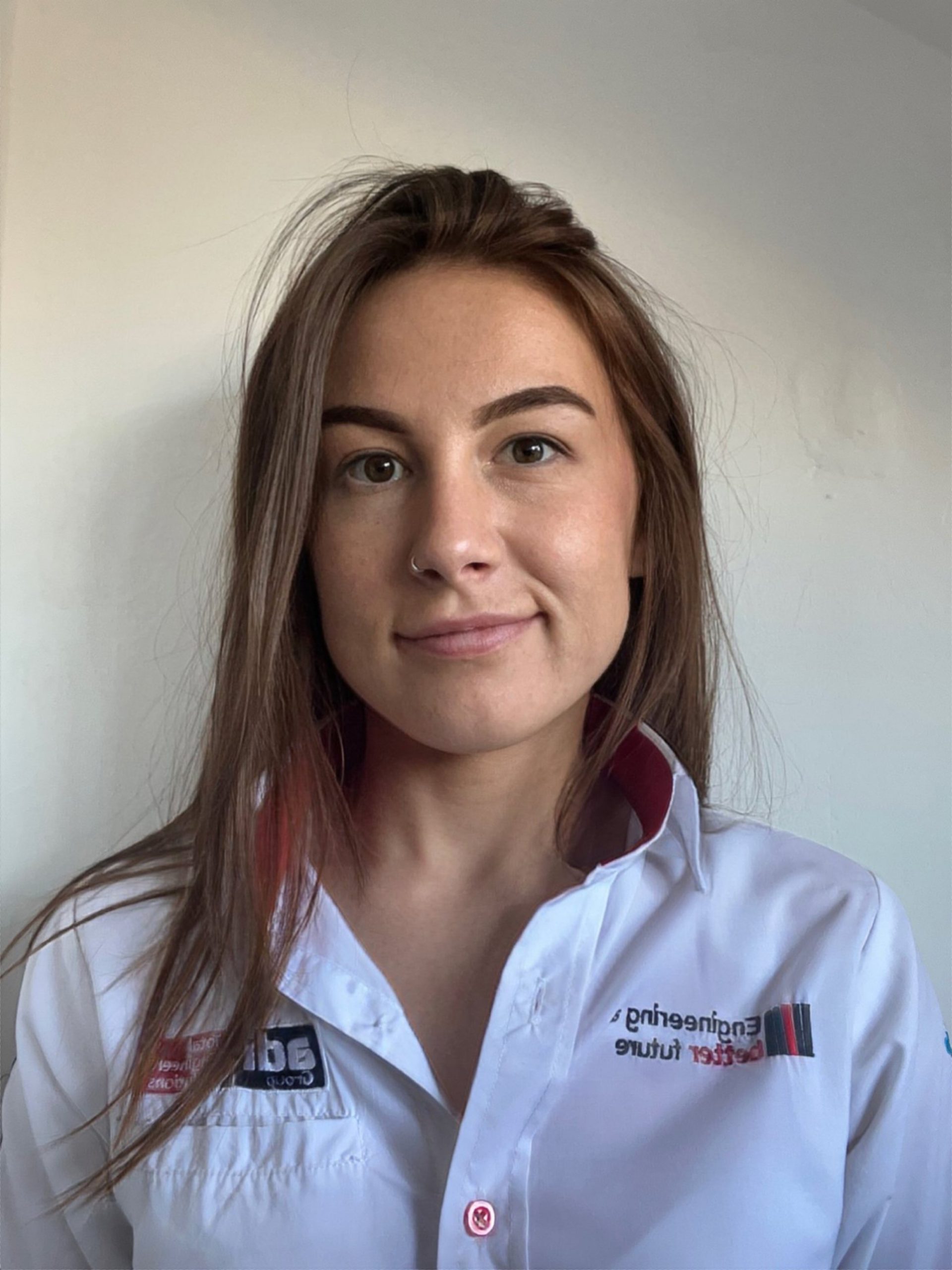
Women’s Engineering Society‘s (WES) International Women in Engineering Day, taking place on June 23rd, is dedicated to celebrating the extraordinary work that women in engineering do.
As the only platform of its kind, it gives women in engineering a voice, raising awareness of the stark shortage of women in the industry, with statistics showing there are only 16.5% female engineers in the UK.
Knocking down barriers is vital for the benefit of women in engineering today, but also to encourage new generations to consider a career in the field and safeguard the future of the industry as a whole.
Multidisciplinary firm adi Group is one of the engineering businesses making great strides in advocating for more inclusivity in the sector, employing a number of talented women in engineering roles and striving to build a more balanced workforce.
Sharing her experience, Process Engineer Caitlin Briggs, who joined adi Group in 2023 as a graduate, discusses the challenges she has faced.
“I’ve been really lucky with my experience in my first job. Everyone at adi Group has been so welcoming and really respectful.
“However, one of the problems that does rear its head quite a lot when working with external companies is people overlooking my position and not valuing my contributions, downright making it very apparent that they don’t want to work directly with me because I’m a female.
“I’ve had people talk to me like I’m a child or call me a little girl. Of course, I’m quite young as well, which makes things more complicated.”
Shedding light on another vital issue, Melissa Britchford, Electrical Supervisor at adi Group, commented:
“When you’re a woman in engineering, everyone knows you. It doesn’t matter whether you do a good or a bad job, everyone knows your name. When there’s 100 men and just one woman, everyone’s going to remember the woman’s name. So, if you do something wrong, everyone will know about it. It means you have to be careful with what you do and how you portray yourself, because you’re always going to be remembered.”
But both women have worked hard to overcome challenges and change negative perceptions through hard work, dedication, and advocacy.
“In most cases, people don’t know me, so it’s not personal. I just remind myself of that and continue to work really hard. People with this kind of bias or stigma quickly do a U-turn when they realise the crucial role I play within the team,” says Caitlin.
Giving her advice to other women who are just starting out in engineering, Caitlin adds: “Don’t be afraid to ask questions or voice your opinions. It can be a little bit intimidating sometimes, especially when you’re sitting in a big room filled with people. But speaking up is vital for your learning and development.”
Caitilin and Melissa both provide inspiring yet different examples of routes into engineering, one through university and the other through apprenticeships, showing there are diverse ways to pursue a rewarding career in the field.
It takes a female engineer to inspire others, and adi Group has successfully onboarded a number of skilled and dedicated recruits – both as apprentices and as full-time employees. But the Group is keen for this figure to increase further.
Alan Lusty, CEO, says there’s much more work to be done to make engineering more accessible and inspire more women and young girls to consider working in the industry.
He says: “We need to make a greater and continuous commitment to shifting negative attitudes and breaking stigma. Fighting for more inclusivity in recruitment can’t just be a tick-box exercise to fill a diversity quota.”
Through this commitment, adi Group aims to move away from a male-dominated workplace, both by employing females in engineering roles, as well as in recruitment, HR, responsible business, and other managerial positions.
The firm has also made significant efforts in making engineering more accessible to young females with the launch of its unique pre-apprenticeship scheme in 2016. The scheme has enjoyed some success in appealing to females, who have gone on to a full-time apprenticeship with the firm.
“Gender inequality is one of the pressing issues in engineering. There are still a lot of preconceptions and misinformation about the industry causing feelings of apprehension in women with an interest in the profession – and this is what we must work to change,” added Alan.
“The engineering skills gap is another key concern, and if those in the industry continue to fail to appeal to half our audience of young people, bridging the gap is going to be even more challenging.
“This is why we must continue to dedicate time and resources to inspiring young females, breaking down barriers and dispelling harmful myths and misconceptions.”
Learn more about adi Group, its work and its commitment to engineering a better future: https://adiltd.co.uk/
